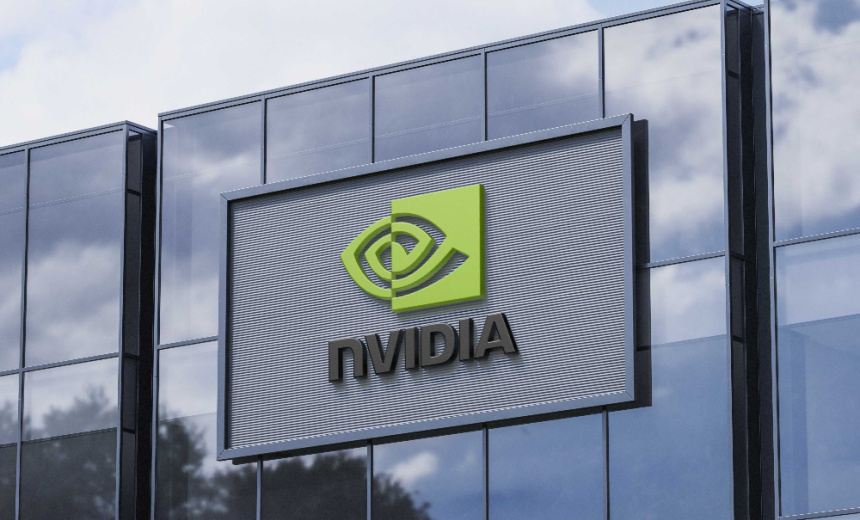Artificial Intelligence & Machine Learning,
Legislation,
Next-Generation Technologies & Secure Development
Chipmaker Argues Against Increasing US Pressure for New Security Requirements

Nvidia, a leader in AI chip manufacturing, has dismissed allegations from China’s cybersecurity agency asserting that its H20 chips possess location tracking and disabling capabilities. The company has also cautioned U.S. lawmakers against mandating such features in future semiconductor designs.
In a recent statement, Nvidia Chief Security Officer David Reber emphasized that the company’s GPUs “do not and should not have kill-switches and backdoors.” This response follows a summons from China’s Cyberspace Administration, which has raised security concerns regarding Nvidia’s H20 AI chip.
Chinese media reported that Nvidia was instructed to clarify and address allegations suggesting that its AI chips carry significant security threats. Concurrently, some U.S. lawmakers are advocating for export-compliant microchips to incorporate tracking and positioning technology. Senator Tom Cotton of Arkansas is championing the Chip Security Act, which seeks to mandate ‘location verification’ technologies in chips. This legislative measure is supported by a mix of Democratic and Republican representatives.
Nvidia’s Reber contended that remote disabling mechanisms without user awareness or consent constitute a substantial security risk, potentially empowering hackers and malicious entities. He posited that ensuring hardware integrity should be a bipartisan priority and stressed that integrating backdoor mechanisms could undermine global trust in American technology.
Reber referenced the infamous Clipper Chip incident of the 1990s, where a chipset designed by the National Security Agency included backdoor access to encrypted communications. The initiative was widely discredited after researchers revealed vulnerabilities that could enable exploitation, illustrating the dangers of built-in backdoors.
Nvidia CEO Jensen Huang has been vocal regarding U.S. export restrictions on the H20 chips. He argues that such limitations isolate the U.S. from the burgeoning Chinese AI market, which he describes as crucial for global competitiveness. During a recent investors’ call, he noted that the $50 billion Chinese market is now effectively off-limits to U.S. firms, curtailing innovation and opportunities in AI.
The situation raises pertinent questions about potential adversary tactics used in these incidents. According to the MITRE ATT&CK framework, the allegations against Nvidia could relate to initial access and reconnaissance tactics, where adversaries may seek to exploit perceived vulnerabilities in U.S. technologies. Such actions could be indicative of persistent threats aimed at espionage or compromising national security.
